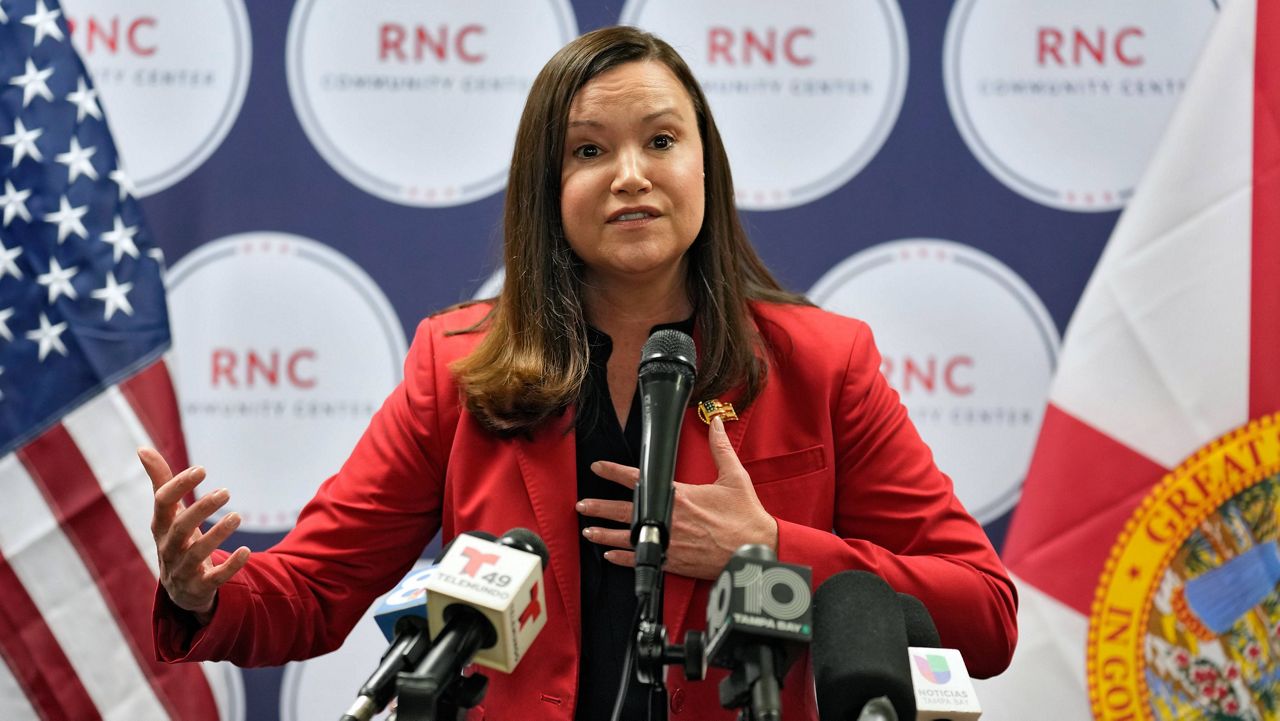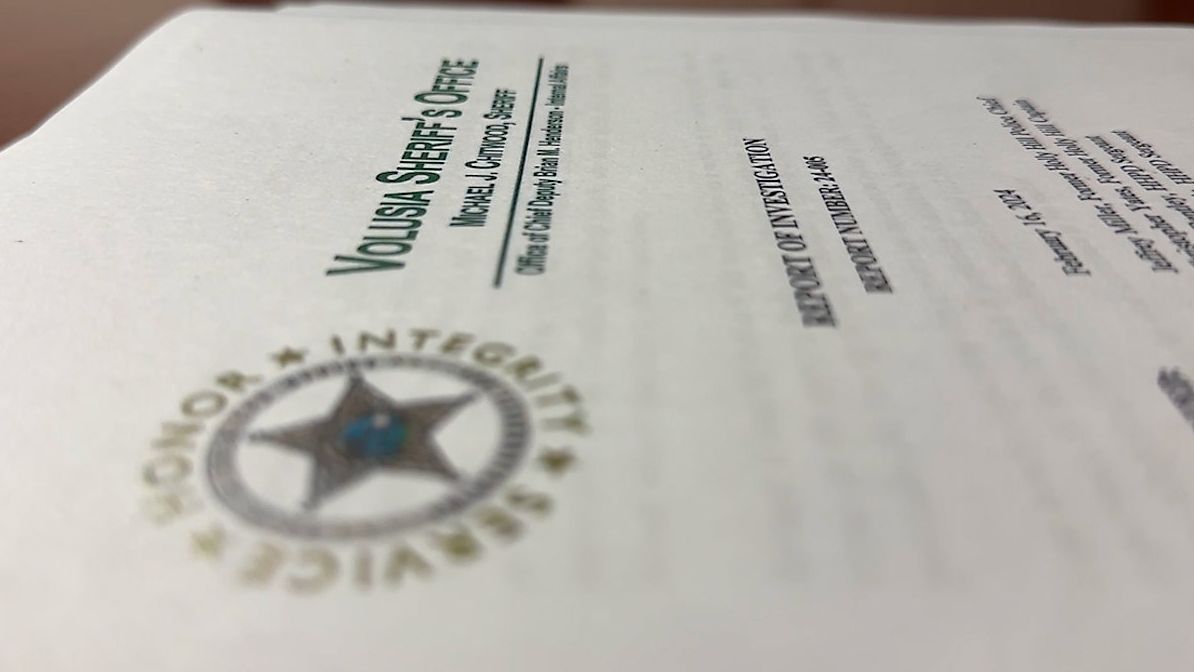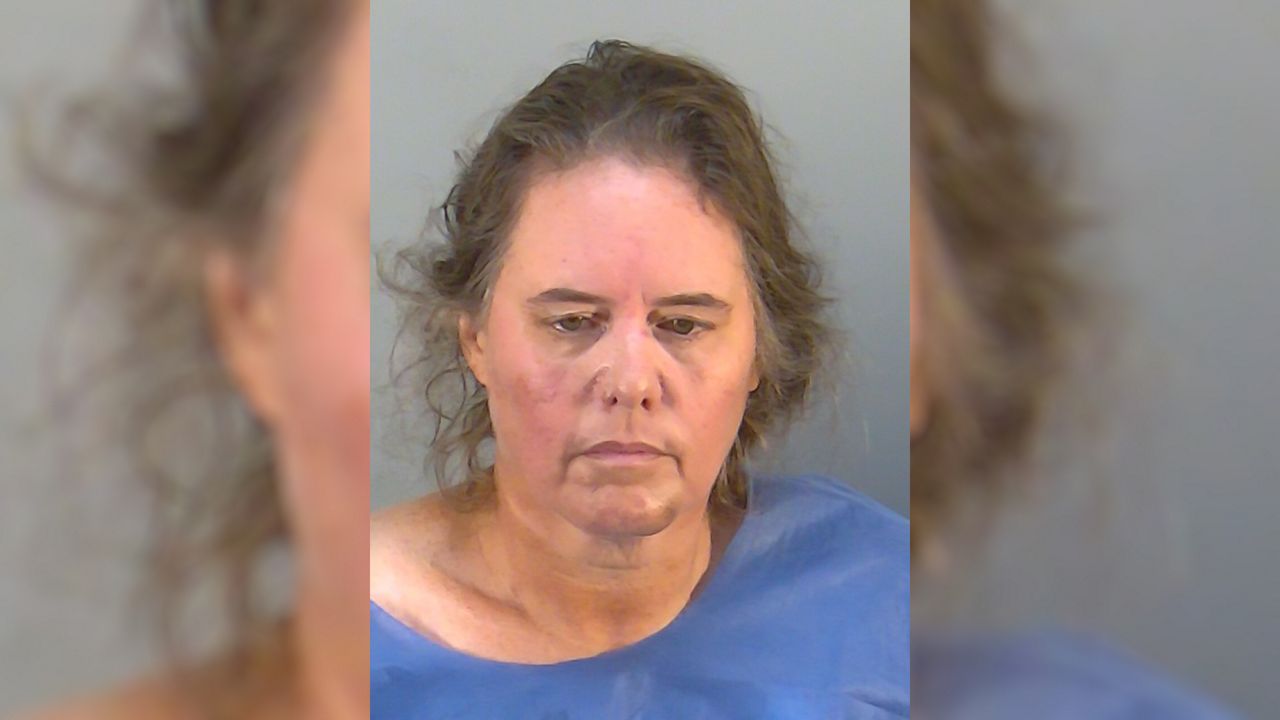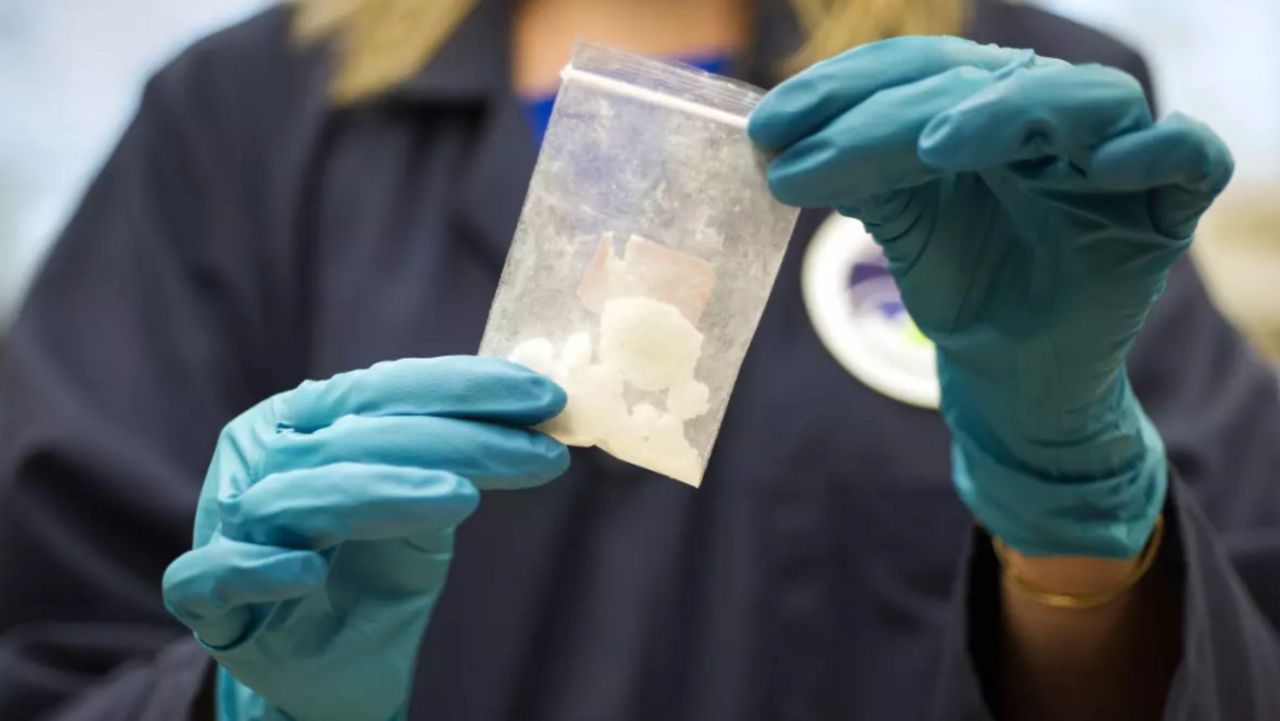TALLAHASSEE, Fla. — Attorney General Ashley Moody is taking legal action against the charity known as Cancer Recovery Foundation International, Inc. The charity in question claimed that it provided financial support directly to cancer patients and families that were in need.
What You Need To Know
- Florida Attorney General Ashley Moody announced the state was joining a federal complaint filed by the FTC against a cancer charity
- The charity and its founder are accused of deceptive marketing after fundraisers allegedly told donors 50% of their donation would go directly to cancer patients
- According to the complaint, only about 1% of the $18 million raised between 2017 and 2022 actually went to patients
According to information from Moody, telemarketers claimed that 50% of all the money donated to CRFI — also known as Women’s Cancer Fund — would go to help women in treatment and recovery overcome their financial difficulties.
According to a legal action by the Federal Trade Commission, however, a civil investigation found that only about 1% was directed to cancer patients and their families. The investigation found that of the $18.25 million donated to the charity from 2017 to 2022, only $194,809 was directed to cancer patients.
“Generous Floridians make financial contributions to help those fighting for their lives,” Moody said in a statement. “The defendants in this case exploited that generosity to solicit millions of dollars in donations that were never allocated as promised. We are taking action to prevent the charity from deceiving donors and recover money for cancer patients,”
According to the allegation in the legal complaint, the operators of the charity — including its founder and president, Gregory B. Anderson — knew that most of its funds did not go toward helping cancer patients, but instead allegedly went toward paying for professional fundraisers and Anderson’s own salary.
“Cancer Recovery Foundation International and Anderson abused the generosity of American donors in the most egregious way possible,” FTC Bureau of Consumer Protection Director Samuel Levine said. “The FTC is committed to aggressively pursuing each illegal conduct, which hurts donors and deprives legitimate charities of needed funding.”
Information from the FTC shows that of the $18 million, Anderson was paid just over $775,000, or 4.2% — which the FTC report notes was four times as much as Women’s Cancer Fund gave to all the cancer patients it supported combined. The vast majority, $15.55 million, was paid to for-profit fundraising companies — two of which were sued by the FTC in 2021 for making “deceptive fundraising calls.”
Along with Florida, California, Maryland, Massachusetts, North Carolina, Oklahoma, Oregon, Texas, Virginia and Wisconsin also joined the FTC’s federal complaint against CRFI.








